About High Focus Centers Cherry Hill Outpatient Treatment Center
High Focus Treatment Centers in Cherry Hill, New Jersey, offers outpatient treatment for adults, tweens and teens who are residents of Camden, Burlington, and Gloucester counties in addition to Cherry Hill. Teletherapy is available for individual counseling sessions and to schedule appointments. They’re open on weekends and Saturdays as needed.
Veteran Ready Programs
The center is a veteran ready program that is recognized by Psych Armour and partners with the Veteran Affairs Community Care Network. While veterans are in groups with non-veterans, they are placed in PTSD focused groups. Veterans are treated for PTSD, substance use disorders, co-occurring disorders, and other disorders common to veterans.
Addiction Treatment for Teens
Adolescents ages 10 to 17 with psychiatric issues can be enrolled in a partial hospitalization program (PHP) and an intensive outpatient program (IOP). The focus of the program is early intervention. If teens are using substances and can be treated at an early age, they’re more likely to be a sober productive adult because of the knowledge they have acquired.
If your teen is in crisis, the center can perform an emergency psychiatric screening so that appropriate treatment can begin. Teens who live within 15 miles of the center can receive transportation services to and from treatments. IOP sessions scheduled after school can transport students from school to the center as long as an adult is available to pick up the teen after treatment.
Prevention Treatment for Tweens
A tween program is available for ages 10-13. Tweens can be enrolled in various outpatient programs. The focus of tween programs are depression, anxiety, and self harm. Meeting spaces are tasteful, with a professional atmosphere and warm, inviting colors and lighting.
Adults with mental health and substance use disorders can enroll in partial hospitalization programs or intensive outpatient programs. PHP and IOP offer holistic therapies such as yoga and art therapy.
Specialized LGBTQ+ Addiction Treatment
It’s hard for many of us to seek help when it seems everyone is judging us and there is no compassion shared in our direction. Specially designed programs are available to the LGBTQ+ community for mental health, substance use, and co-occurring disorders.
Latest Reviews
Rehab Score
Gallery
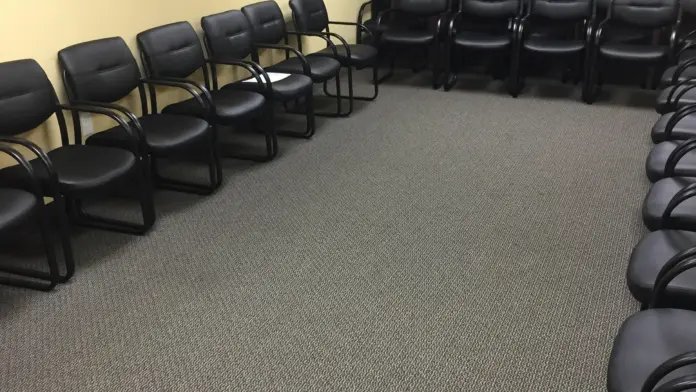
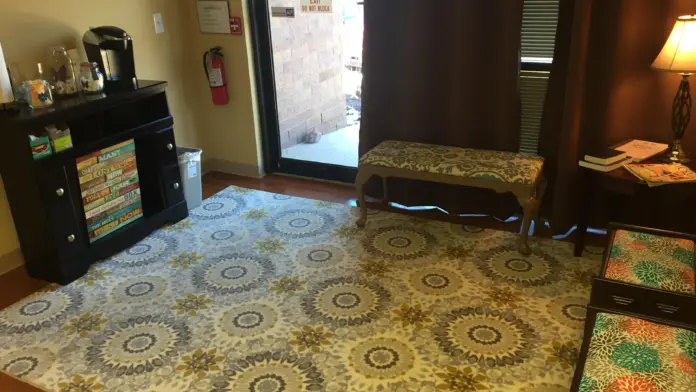
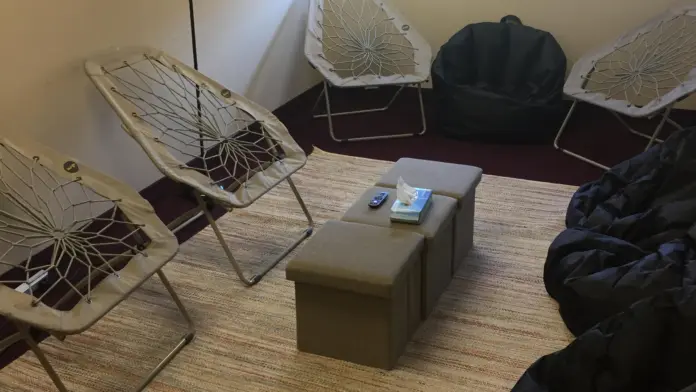
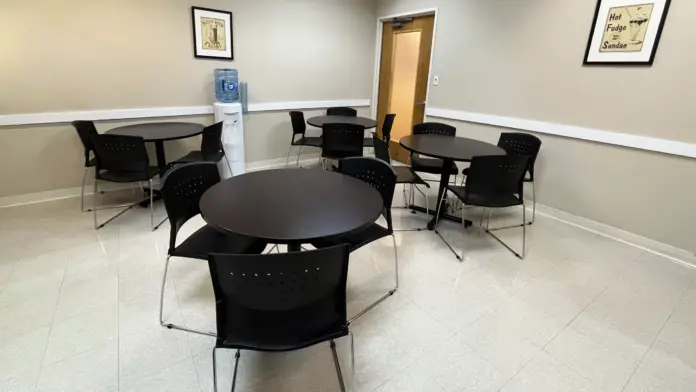
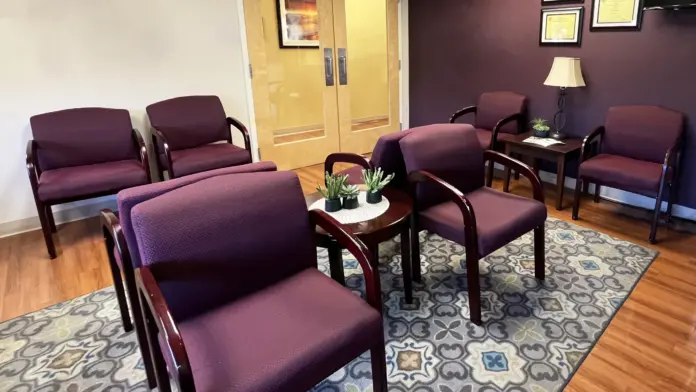
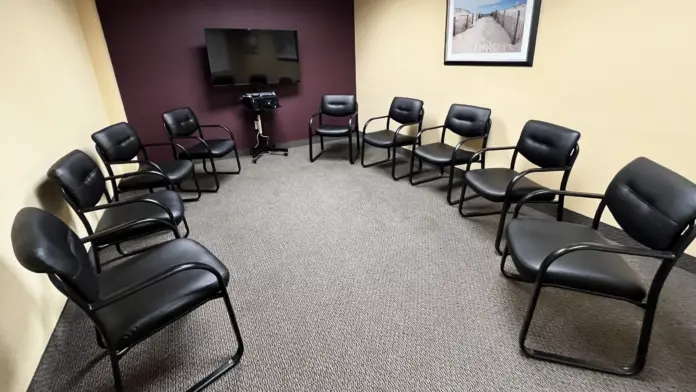
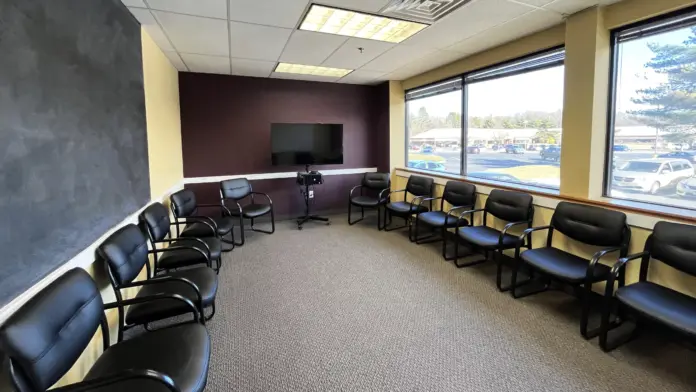
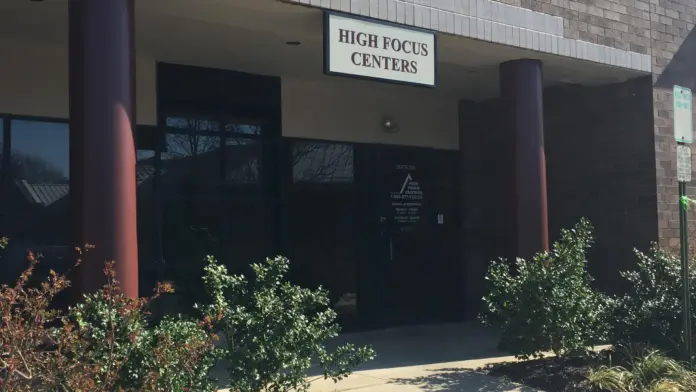
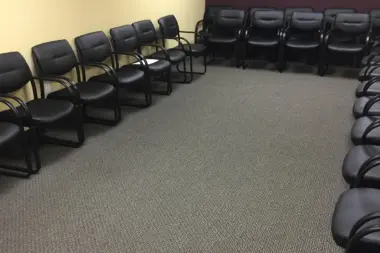
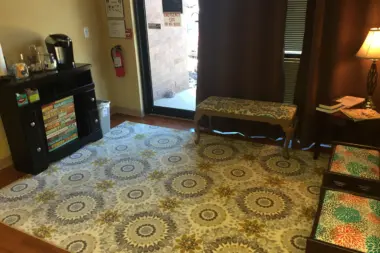
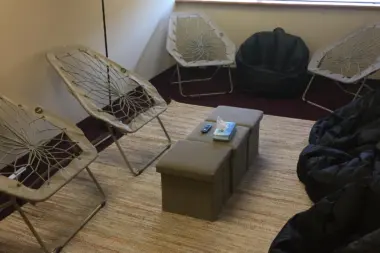
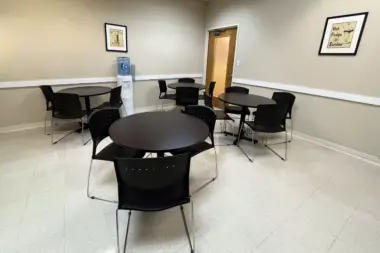
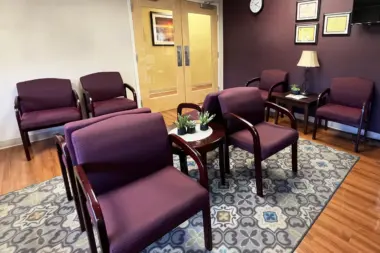
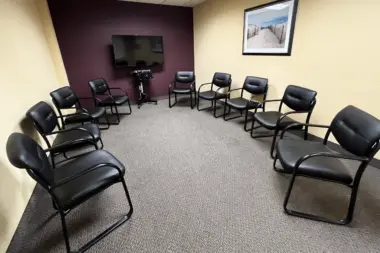
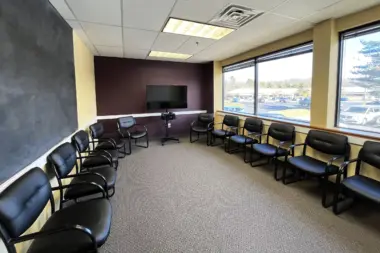
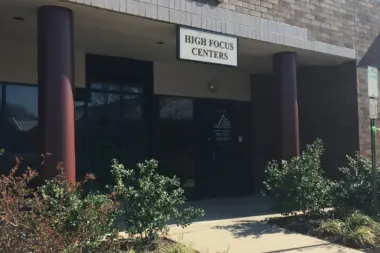
Accepted Insurance
Other Forms of Payment
Private insurance refers to any kind of healthcare coverage that isn't from the state or federal government. This includes individual and family plans offered by an employer or purchased from the Insurance Marketplace. Every plan will have different requirements and out of pocket costs so be sure to get the full details before you start treatment.
Self-pay involves paying for treatment out of your own pocket. You can use savings or credit, get a personal loan, or receive help from family and friends to fund your treatment. If you don't have insurance or your insurance plan doesn't cover a specific program, self-pay can help ensure you still get the care you need.
Addiction Treatments
Levels of Care
A partial hospitalization program (PHP) is a short-term, intensive outpatient option designed for those with moderate to severe addictions who don't require 24-hour care. PHP treatment is often fully covered by insurance and provides structured programming (i.e. individual and group therapy). A typical partial hospitalization program can meet 3-5 days a week for a minimum of 20 hours, offering intensive treatment during the day while allowing you to return home after. PHP treatment duration can vary based on your progress but averages 90 days.
Clients who are exiting inpatient rehab, those who are experiencing crisis, and those who prefer to live at home while in treatment typically enroll in intensive inpatient programs (IOP). These programs feature frequent and robust care, generally requiring clients to participate in at least nine hours of care weekly, though many intensive outpatient rehabs offer up to 20 treatment hours per week. IOP services typically combine individual, group, and family counseling with recovery education and holistic therapies.
Telehealth is a real-time communication between you and your physician via telecommunications equipment. This might involve a video call, phone call, or medical app. It may also include the transmission of medical information via sharing technology.
Treatments
You can find comprehensive substance abuse treatment in New Jersey in drug and alcohol rehabs. These treatment programs typically provide a full continuum of care including medically assisted detox, inpatient, outpatient, dual-diagnosis, and intensive outpatient. With a comprehensive substance abuse evaluation, addiction experts provide individualized treatment plans to meet your specific needs. These programs address substance use disorders using evidence-based therapies, like cognitive behavioral therapy (CBT) and dialectical behavioral therapy (DBT), individual and family counseling, and recovery support groups.
New Jersey has a variety of dual-diagnosis addiction treatment programs, including inpatient and outpatient drug and alcohol rehabs, that recognize the unique needs of individuals with co-occurring substance use disorders and mental health conditions. These programs typically employ evidence-based therapies such as cognitive-behavioral therapy (CBT), dialectical behavior therapy (DBT), trauma-focused therapy, and art therapy to successfully address co-occurring disorders and support sustained recovery.
Programs
Teen programs are designed to address the unique pressures teens face, pressures that can drive them to experiment with dangerous, addictive substances. They need programs that meet them exactly where they are and give them tools for long-term recovery. Therapy can help teenagers understand and work through underlying issues so they can reclaim the life ahead of them.
Adult rehab programs include therapies tailored to each client's specific needs, goals, and recovery progress. They are tailored to the specific challenges adult clients may face, including family and work pressures and commitments. From inpatient and residential treatment to various levels of outpatient services, there are many options available. Some facilities also help adults work through co-occurring conditions, like anxiety, that can accompany addiction.
Recovery is most successful when clients feel accepted and validated by their peers and treatment providers. Facilities that offer LGBTQ-inclusive programming are committed to creating a safe space where everyone can grow and recover without fear of judgment or discrimination. They will have dedicated policies in place to create a safe and supportive environment that fosters free expression.
Serving in the military is both mentally and physically challenging, and can result in trauma that persists even after combat ends. Military programs are tailored to the specific and often complex needs of active duty personnel, veterans, and military families. Clients often access these programs through the U.S. Department of Veterans Affairs (VA).
Clinical Services
Cognitive behavioral therapy (CBT) in New Jersey typically follows a set structure of treatment. The therapist helps clients identify their life challenges and their thoughts surrounding those challenges. The client then learns to identify unhealthy thought patterns and reshape those into healthy patterns of thinking and behavior.
Dialectical means opposing. The premise of dialectical behavior therapy is to learn how two things that seem to be opposite can actually be true. You learn how to accept yourself while also making changes. The focus is on accepting your emotions and changing how you manage them.
During individual therapy for drug addiction, patients receive a customized and tailored approach to understanding their unique circumstances and providing them with targeted interventions. These include coping skills, relapse prevention plans, and developing resilience, all of which are essential for long term recovery.
Group therapy settings offer you a diverse perspective on addiction and recovery. People from a variety of backgrounds gather together to discuss their challenges and speak openly and in a nonjudgmental atmosphere. This enriches your experience and your understanding of addiction and recovery.
Family therapy sessions address addiction related conflicts and other issues between members of the family unit. By strengthening communication and coping skills, as well as creating a nurturing environment, the family can help support their loved one's recovery.
The main types of creative arts therapy in New Jersey are dance, art, drama, and music. Through creative processes and active art making, this treatment provides a safe setting free of judgment for participants to explore and express their challenging thoughts and emotions.
Experiential therapy is designed to help you access creativity and analyze your motivations, emotions, and reactions to situations. With the help of your therapist, you'll reflect on your experiences to work through previous hurts or trauma and learn how to make good decisions in the future.
Contact Information
53 Haddonfield Rd
Suite 330
Cherry Hill Township, NJ 08002
